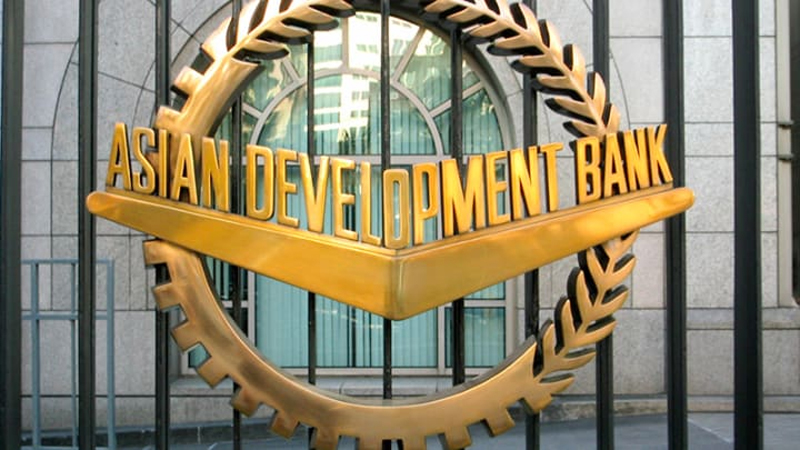The Asian Development Bank (ADB) has recognised the immense potential in strengthening public financial management and governance in Sri Lanka in the coming years. Improving the efficiency and transparency of public sector operations will create a solid foundation for sustainable development in Sri Lanka over the next five years and beyond, said ADB Sri Lanka Country Director Takafumi Kadono in an interview with the Sunday Observer.
“We prioritise private sector development as a key focus. We plan to support initiatives that foster a more conducive environment for private investment, which will in turn drive economic growth and create jobs,” the Country Director said.
The Country Director also highlighted promoting green growth as another major opportunity. Renewable energy and climate resilient infrastructure will not only help mitigate the impacts of climate change but also promote long-term economic stability, he said.
During the ADB’s recent meeting with President Anura Kumara Dissanayake, the President expressed appreciation for the support ADB has provided to Sri Lanka. “The ADB has already conveyed its willingness to work with the government in bringing in private sector investments through public– private partnerships (PPP), which the ADB has been supporting in the past,” he said
“President Dissanayake also outlined the Government’s interest in strengthening tourism and developing the North as a tourist destination. We also discussed areas such as digitalisation, governance, and skills development,” Kadono said.
In 2025, ADB will support Sri Lanka through a blend of policy support and investments in key sectors, using several lending modalities. ADB will provide policy-based lending (PBL) to address structural weaknesses by strengthening public expenditure management, enhancing revenue collection, and improving the governance and efficiency of SOEs, PPPs, and the Employee Provident Fund (EPF).
In the power sector, ADB will continue to support sector reforms and move the sector toward financial sustainability. The 2025 pipeline has sector development programs in tourism and agriculture value chain development, which will support policy reforms and provide investments into the sectors.
All ADB projects are designed to directly or indirectly benefit the poor and vulnerable, with gender equality and women’s empowerment integrated at the core of each initiative, Kadono said.







